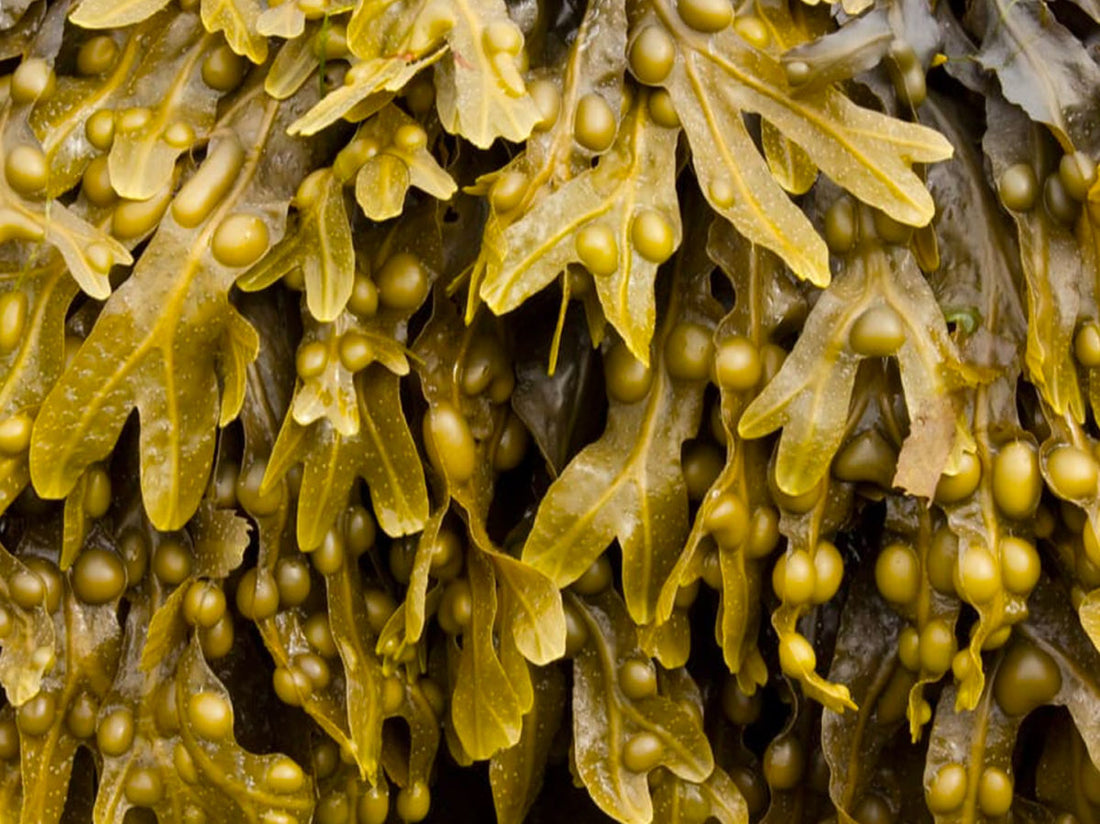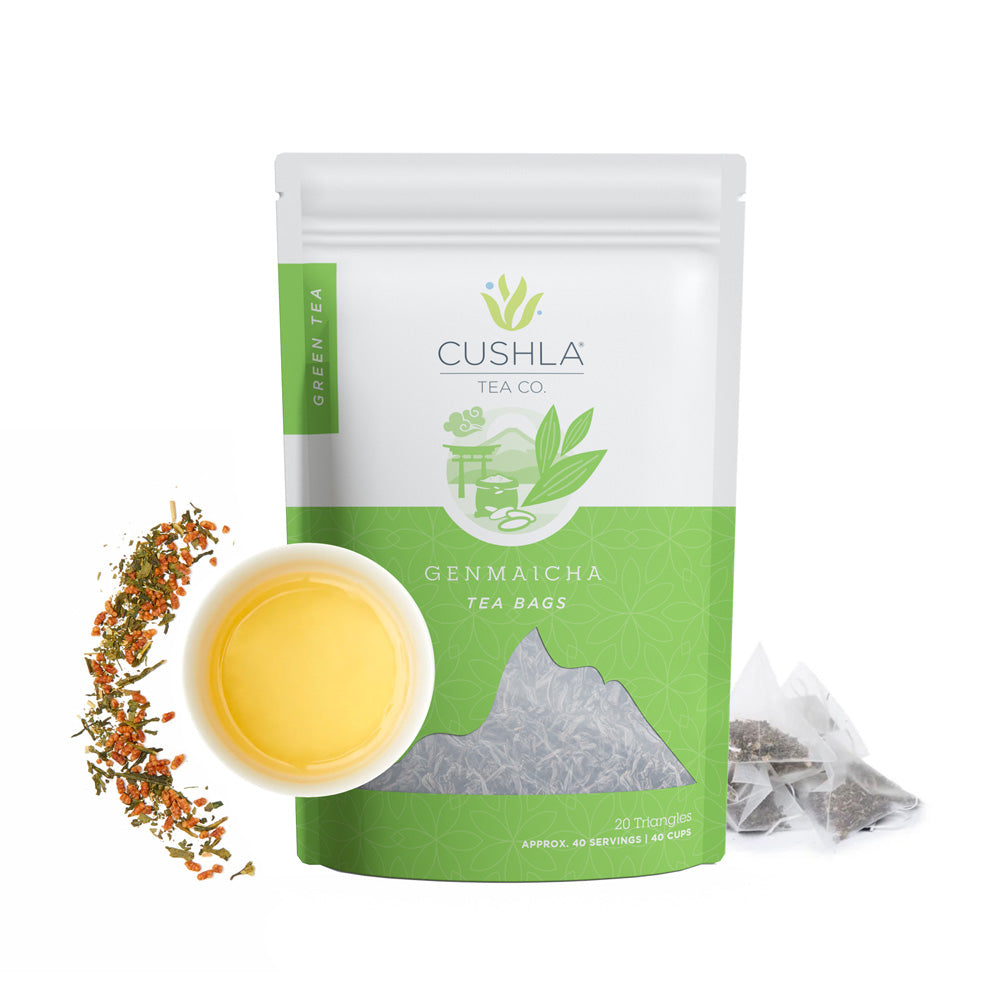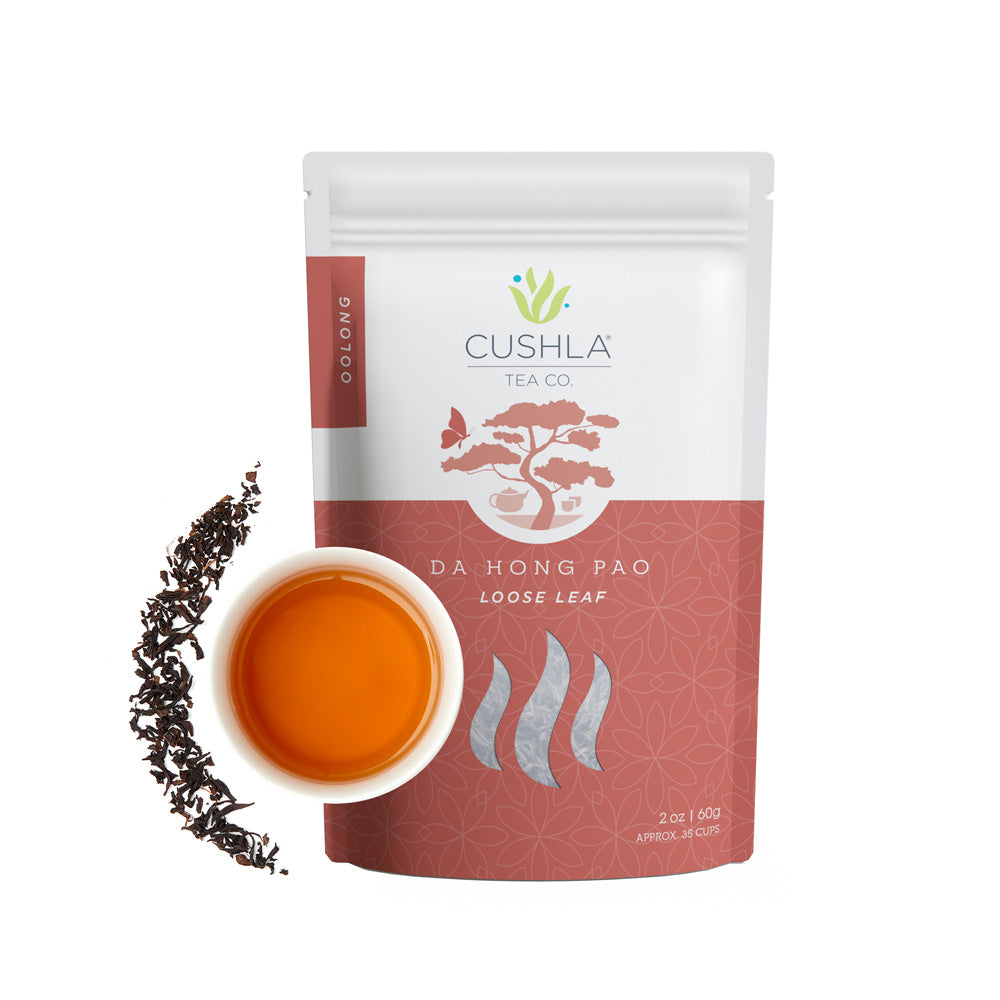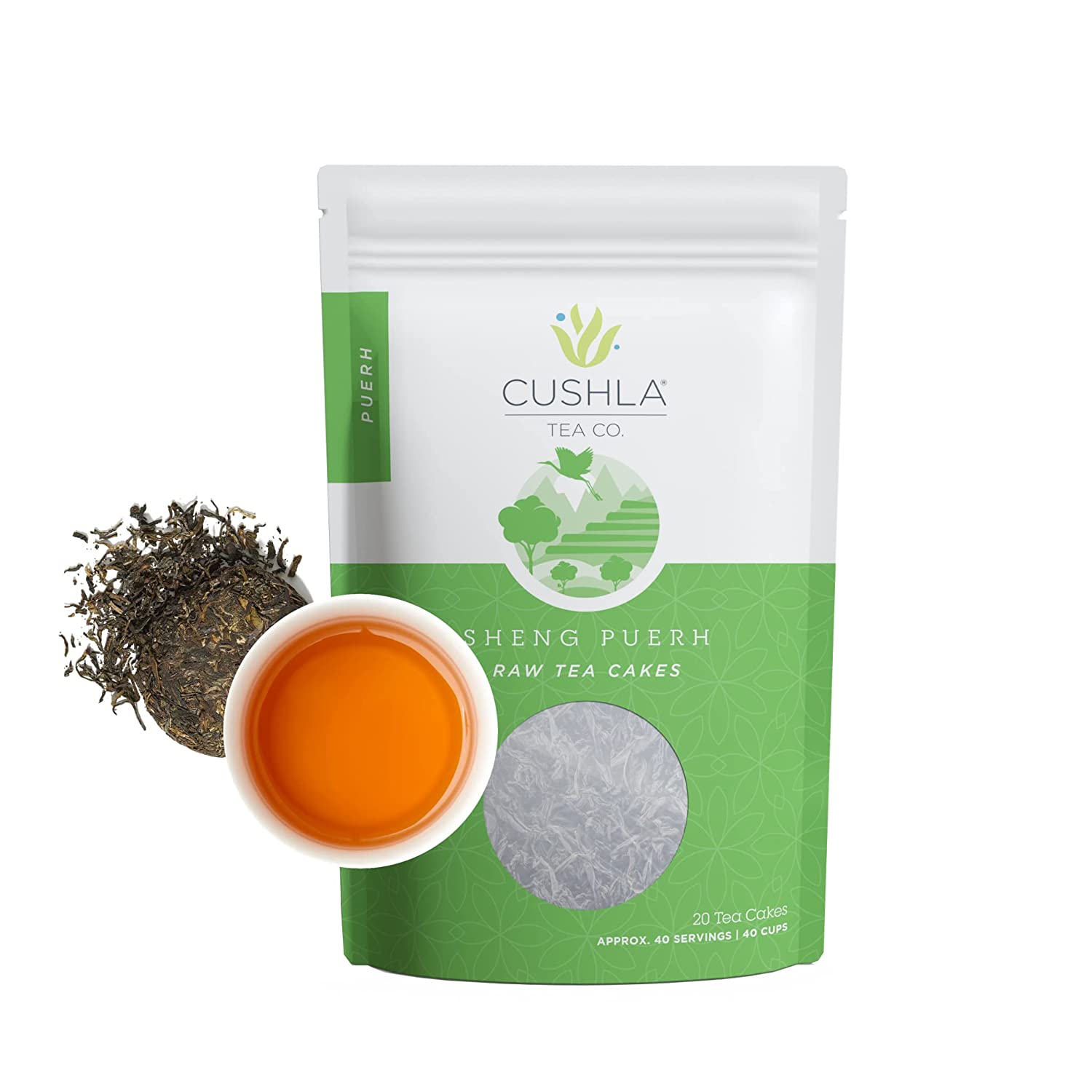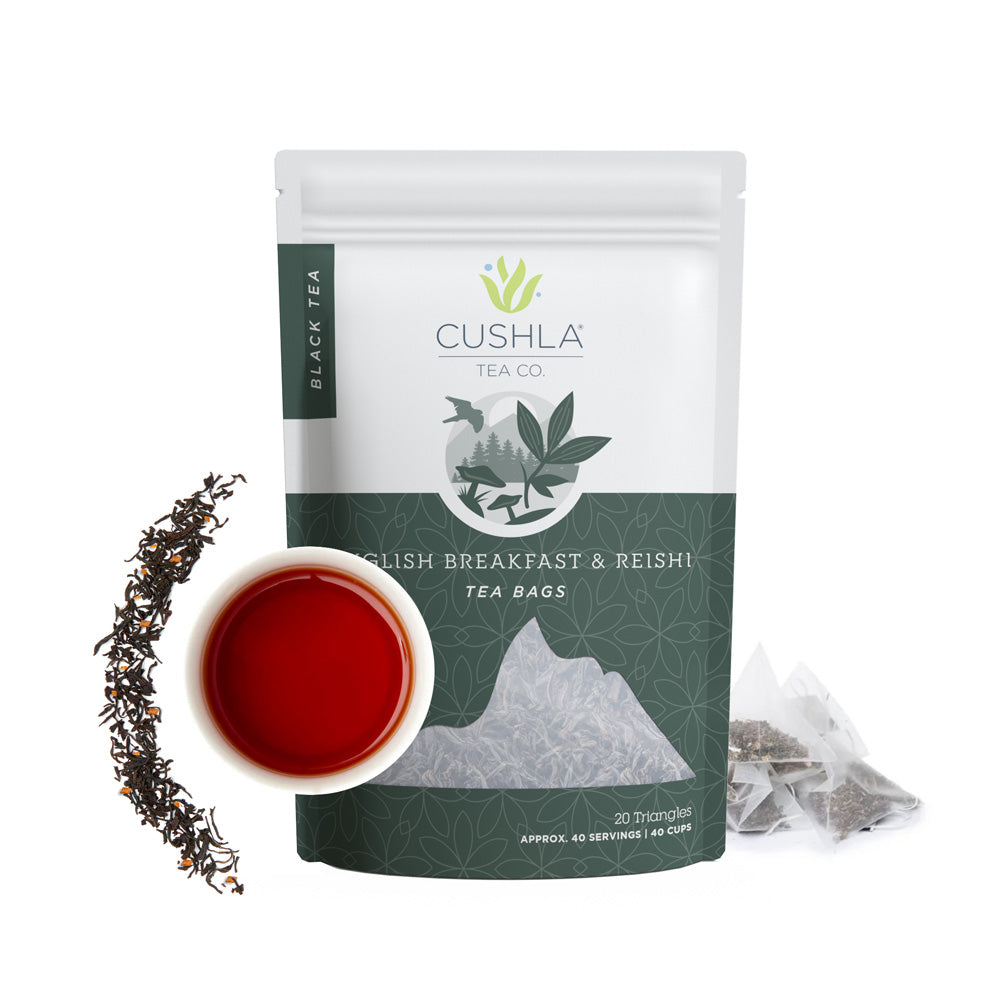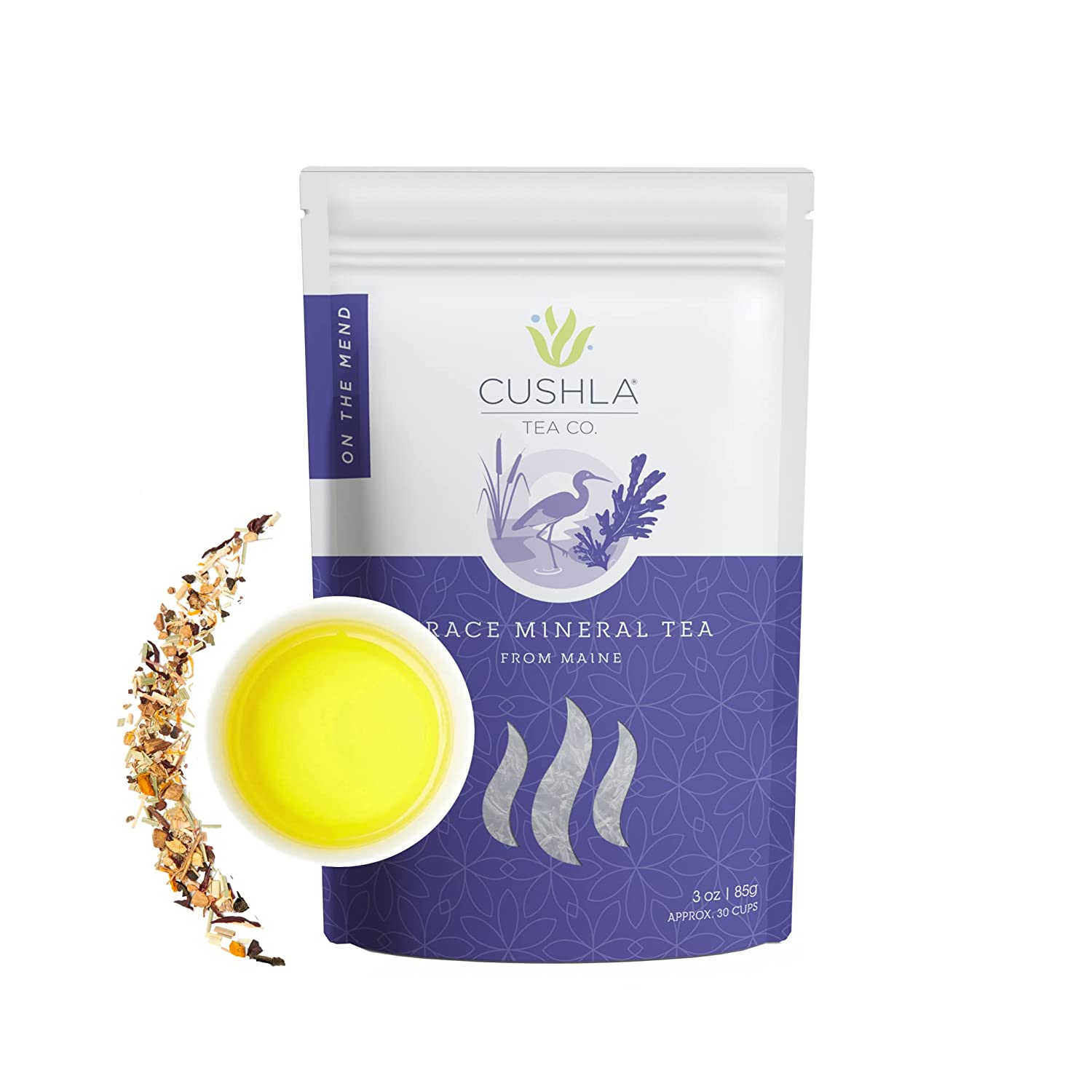Bladderwrack benefits are endless but let’s start with the basics. Bladderwrack is a seaweed that is named after the air pockets found along its branches. They look like small bladders and actually assist the seaweed with floating.
Bladderwrack grows near the northern coasts of the United States and on both the Pacific and Atlantic sides of the continent. This seaweed is also located on the northern coast of Europe, on the Atlantic and Baltic sides. Depending on location, it’s known by other names, including red fucus, rockweed, black tang, Atlantic kelp, bladder fucus and cutweed.
Bladderwrack is part of the kelp family and is used for various purposes, mostly in a traditionally medicinal way. It has a high content in dietary fiber, minerals and vitamins. It’s known for its exceptional combination of macro- and micronutrients, which explains why it’s been harvested and used as food in far East Asian countries and coastal countries of Western Europe for thousands of years.
Today, bladderwrack benefits are gaining recognition in the U.S. because of its ability to improve thyroid health and possibly aid weight loss.
Research published in Marine Drugs indicates that Fucus has a wealth of bioactive compounds that possess antioxidant, anti-inflammatory, anti-tumor, anti-obesity, anti-coagulant and anti-diabetes properties.
A closer look into the many bladderwrack benefits:
1. Provides Iodine
Iodine is a vital nutrient for thyroid health and many other body functions. It protects against certain cancers, supports brain function, and is critical for healthy growth and development.
Bladderwrack and other seaweeds are iodine-rich foods, so consuming them is an easy way to maintain healthy levels of this important nutrient.
One of the most well-known benefits of iodine is its ability to support thyroid health. The thyroid needs enough iodine to make important hormones like thyroxine. These hormones regulate critical biochemical reactions in the body, like synthesizing amino acids and allowing for proper nervous system development.
Iodine deficiency can cause thyroid disorders, leading to symptoms like weight and mood fluctuations, sluggish metabolism, and heart complications.
2. Rich in Antioxidants
Bladderwrack contains powerful antioxidants, including beta-carotene, lutein and zeaxanthin.
Beta-carotene is a plant pigment that’s converted to vitamin A in the body. It’s a powerful antioxidant that plays an important role in maintaining healthy vision, boosting skin health and supporting neurological function.
Zeaxanthin and lutein are antioxidants that are also found in leafy greens, like kale. They help maintain healthy vision and eye health by protecting healthy cells and working to prevent retinal damage.
Research indicates that these antioxidants have protective effects against eye disease and are linked to better cognitive performance. The antioxidants found in seaweeds are also used topically to promote healthy aging and boost skin health.
3. Reduces Inflammation
Bladderwrack seaweed contains powerful nutrients that have anti-inflammatory effects, including fucoidans, a class of sulfated polysaccharides. These compounds have been studied for their antioxidant, anticancer, immune-modulatory and anti-inflammatory effects.
Researchers suggest that fucoidan works to alleviate inflammatory conditions by significantly reducing pro-inflammatory cytokines.
Because of its anti-inflammatory properties, the brown algae is also used as an alternative treatment for arthritis, and it’s applied topically to ease insect bites and burns.
4. Aids Digestion
Studies highlight that seaweeds are rich in dietary fiber, which contributes to their health benefits. Brown algae acts as a mucilage when ingested, which means that it creates a gel-like substance that relieves constipation, bloating, cramping and digestive disorders.
Beyond constipation, bladderwrack pills or supplements are also used to cleanse the body or promote detoxification.
Because of its fiber content, bladderwrack may also increase feelings of satiety, making you feel full faster and potentially contributing to weight loss.
5. May Promote Weight Loss
Bladderwrack contains L-fucose compounds that are believed to have anti-obesity effects. One animal study found that L-fucose decreased body weight gain, fat accumulation and triglyceride elevation when fed to mice on a high-fat diet.
Researchers concluded that the compound may be a novel strategy to treat obesity and fatty liver induced by a high-fat diet.
6. Supports Heart Health
There is some evidence that bladderwrack helps support cardiovascular health. One study published in Oxford Academic found that fucoidans in bladderwrack displayed strong antithrombin and anticoagulant activity in platelet tests.
Research also suggests that bladderwrack can increase HDL cholesterol levels. HDL, or high-density lipoprotein, cholesterol is known as the “good cholesterol” because it actually picks up excess cholesterol in the bloodstream and takes it back to the liver, where it can be broken down.
By increasing HDL cholesterol, brown algae may reduce your risk of atherosclerosis and heart disease.
Researchers found significant anti-estrogenic and progestagenic effects following kelp administration. They concluded that dietary bladderwrack may prolong the length of the menstrual cycle and exert anti-estrogenic effects in pre-menopausal women.

